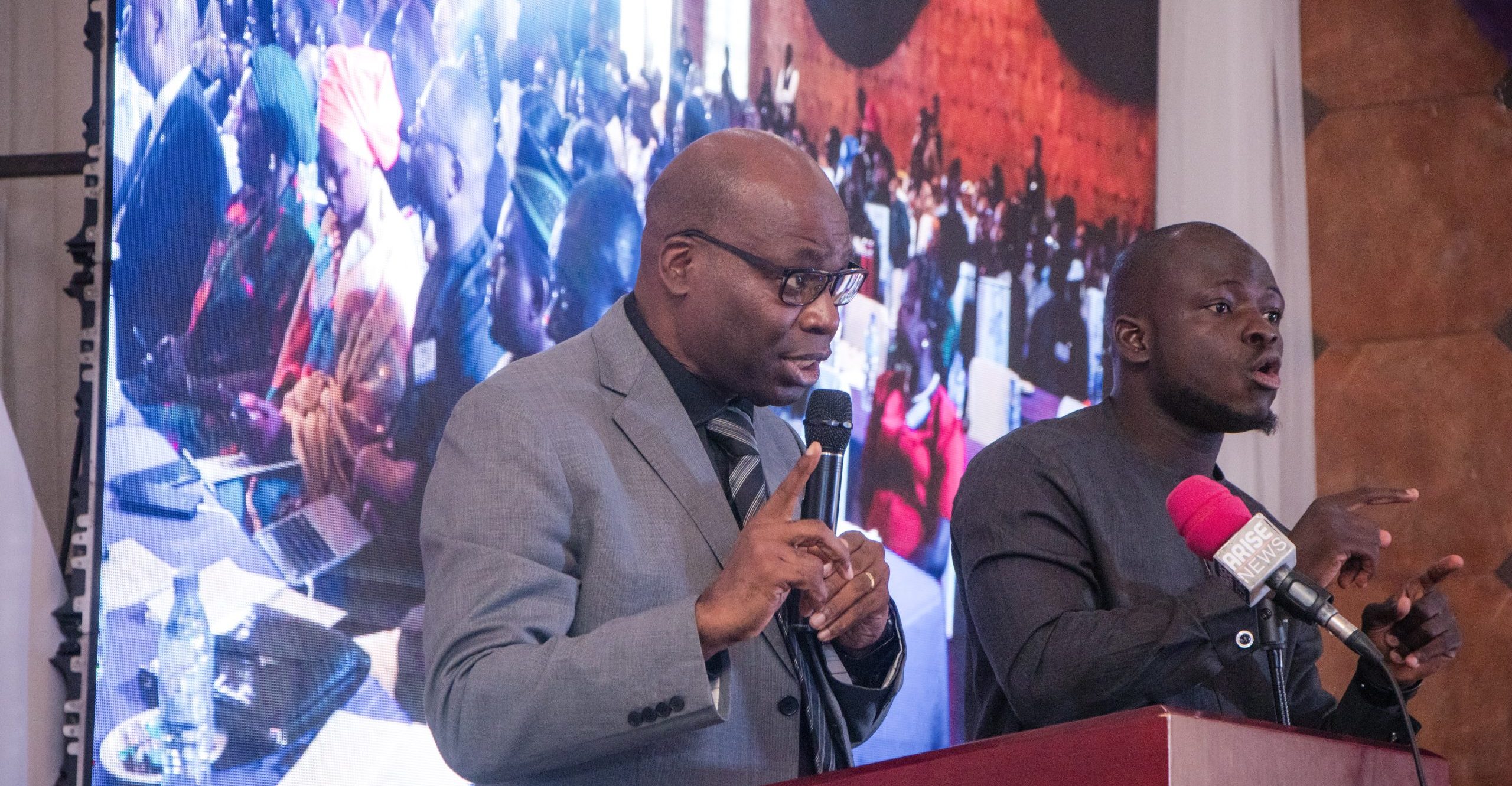The outgoing Chairman of the Independent Corrupt Practices and Other Related Offences Commission (ICPC), Prof. Bolaji Owasanoye, SAN, OFR, has revealed that one of the biggest challenges faced by an Anti-Corruption fighter is identifying who to trust.
He stated this at the Behaviour Change Conference and Exhibition 2023, organised by the Behaviour Change cohort of MacArthur Foundation grantees in Abuja.
According to Prof. Owasanoye, leading an anti-corruption agency and effectively deploying the enforcement mandate and navigating through the criminal justice system was largely dependent on the number of critical stakeholders who were on your side.
In his analogy, no matter how determined you are to pursue a corruption case to a logical conclusion, if the Investigator is corrupt, you cannot get good evidence, if the prosecutor is corrupt, you cannot get a good presentation of the case in court, if the judge is corrupt you cannot get justice, and if the correctional officer is corrupt, a sentenced person could actually serve his prison term from the comfort of his home.
Prof. Owasanoye also pointed out that another major challenge was the social networks to which the head of an anti-corruption agency belong. He noted that, it had become the norm, within social networks, that the appointment of one of them meant opportunity for other members to enjoy preferential treatment. He observed that such expectations could always mount a lot of pressure on the anti-graft fighter.
He affirmed that it takes a very principled person to withstand the expectations and pressures posed by his social networks.
The Chairman noted that while change in behaviour was a Herculean task, it remained the most potent way by which afflictions of corruption could be reduced, making it possible for the ordinary Nigerian to have access to basic infrastructure.


